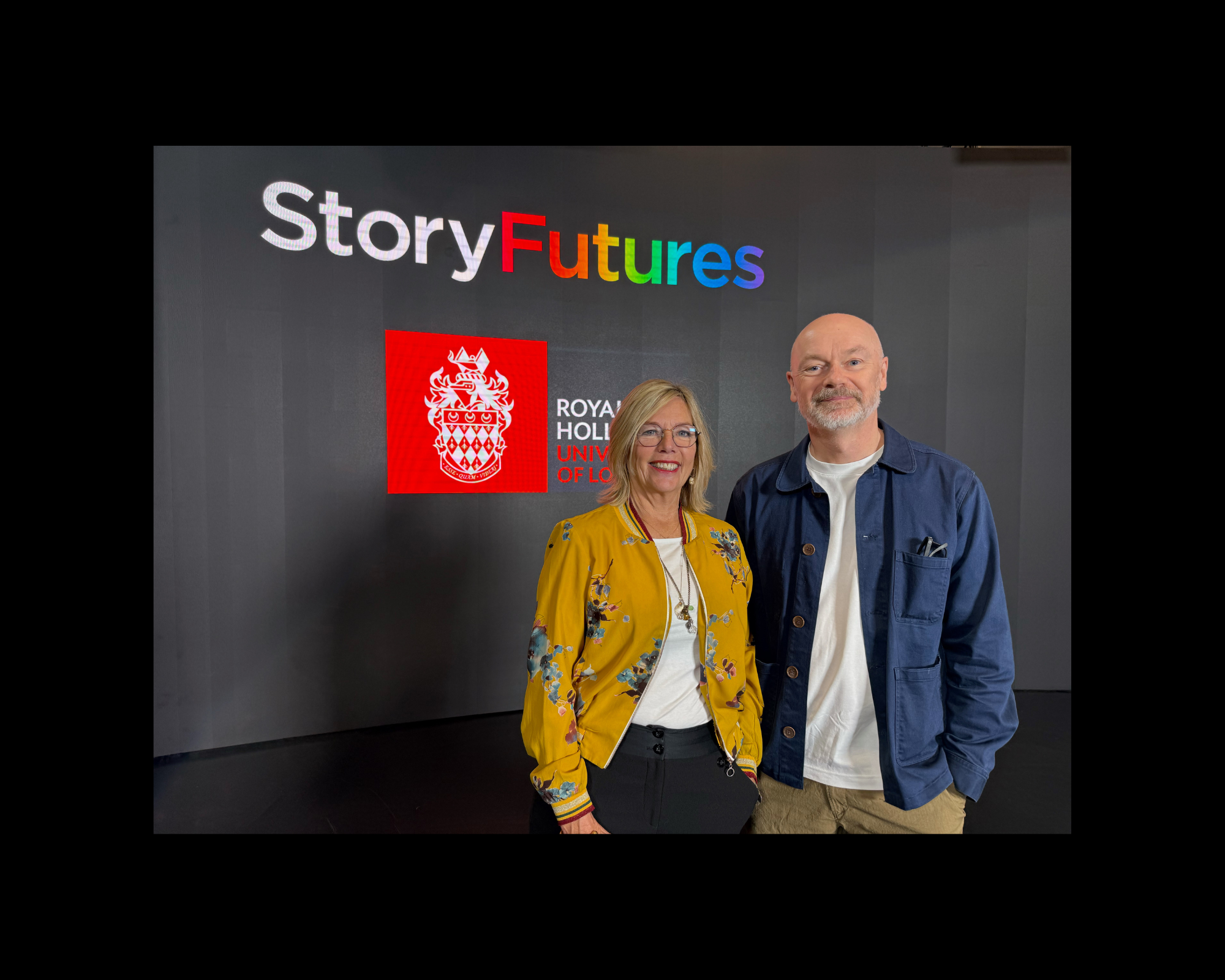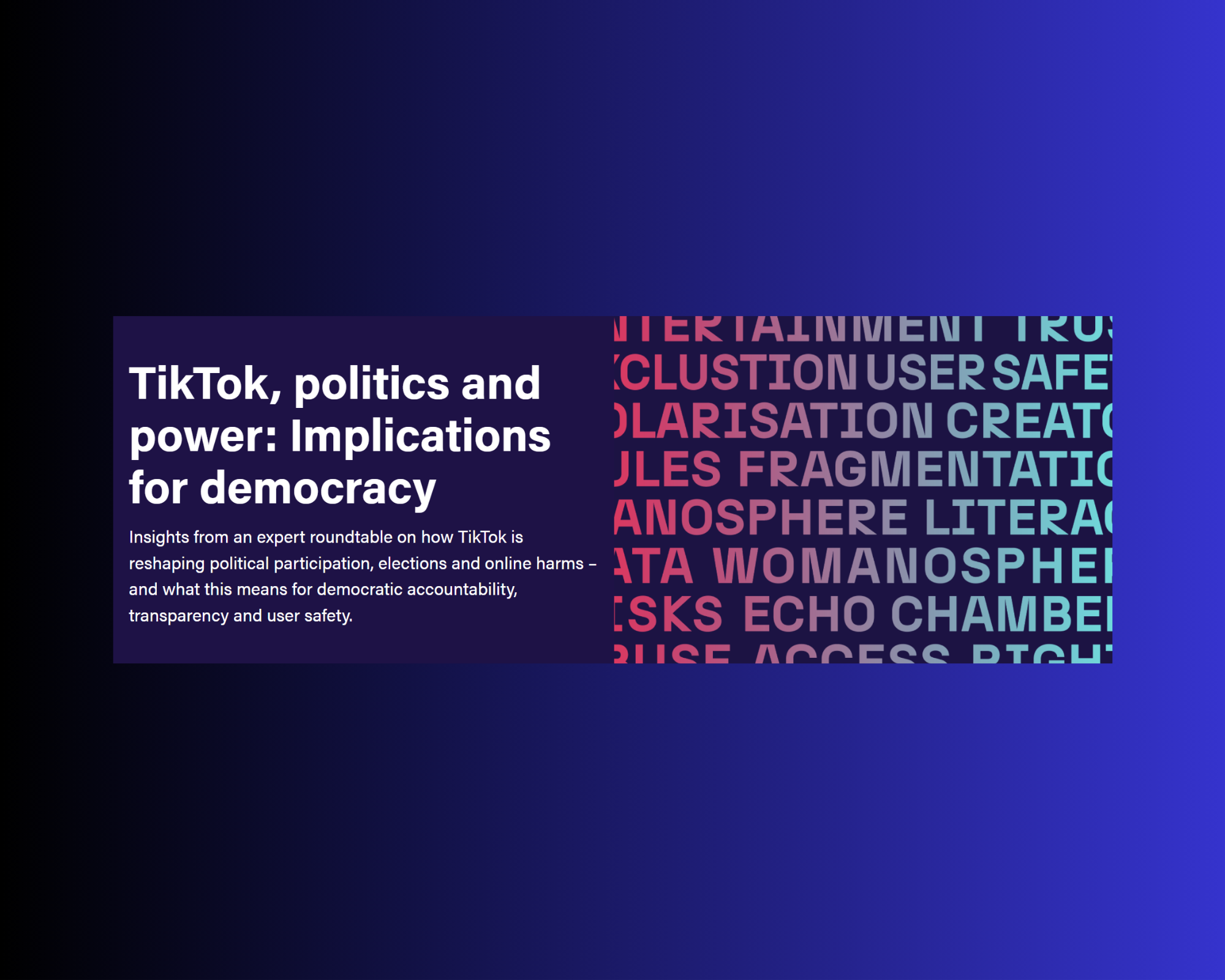The report, authored by Dr Nisreen Ameen, provides practical tools to assist UK employers – from SMEs to major industries – in navigating AI adoption and addressing critical skills gaps.

Dr Nisreen Ameen, Director of the Digital Organisation and Society (DOS) Research Centre at Royal Holloway’s Business School.
Royal Holloway, University of London has taken a leading role in one of the UK’s most comprehensive national reports on AI skills to date, revealing how UK businesses could miss out on up to £400 billion in economic growth by 2030 – unless urgent action is taken to close the AI skills gap.
The report, developed by Royal Holloway in partnership with Skills England (an executive agency of the Department for Work and Pensions) through funding provided by The British Academy’s Innovation Fellowship programme, was led by Dr Nisreen Ameen, Director of the Digital Organisation and Society (DOS) Research Centre at Royal Holloway’s Business School.
The report shines a spotlight on the challenges facing employers across sectors – from construction and manufacturing to creative industries – and introduces three new AI upskilling tools to help organisations adopt AI more confidently and responsibly. These include:
The AI Skills Framework, which maps technical, ethical and non-technical AI skills by job level
The AI Skills Adoption Pathway Model, outlining nine stages of organisational AI adoption
The Employer AI Adoption Checklist, a self-assessment tool to help businesses identify workforce gaps and plan training
Together, these tools help employers understand what AI skills are needed, assess their workforce readiness, and plan effective upskilling – especially for small and medium-sized enterprises (SMEs), which often lack dedicated HR or training teams. They are also aimed to tackle the UK’s widening AI skills gap and unlock an estimated £400 billion boost to the economy by 2030.
The report also offers sector-by-sector insights into how AI is being used – or underused – across ten priority industries, including health and social care, financial services, clean energy, and life sciences. It identifies six persistent barriers to progress, such as low digital literacy, fragmented training options, and confusion over what ‘AI skills’ actually mean. Crucially, it calls for more inclusive and regionally responsive training, especially for SMEs, marginalised groups, and areas with limited access to AI education.
The report supports a wider government-industry initiative to equip 7.5 million UK workers with essential AI skills by 2030, with major tech companies including Google, IBM and Microsoft committed to providing free training resources. The report provides tools to support the UK's AI Opportunities Action Plan and the Industrial Strategy.
“AI is reshaping the world of work across sectors, but without the right skills, too many people and businesses risk being left behind,” said Dr Nisreen Ameen. “This report provides a clear, evidence-based foundation to help employers, educators, and policymakers build more responsive upskilling pathways.
“By investing in practical, accessible AI skills development, we can support workforce readiness, boost economic productivity, and ensure the benefits of AI are widely shared across the UK.”
Professor Ruth Livesey, Pro-Vice-Chancellor (Research & Innovation) at Royal Holloway, added: “This toolkit is one great outcome of Royal Holloway’s area of strength in AI and new technologies and our role in building the higher-level skills needed for economic growth. Dr Nisreen Ameen’s leadership is a brilliant example of how we can work in partnership with business and government to build inclusive access and broader public trust in AI.”
Jacqui Smith, Minister for Skills, said: “AI has the power to transform our economy – but only if people have the right skills to utilise it effectively. This report makes clear that too many employers are still unsure how to begin their AI journey.
“That’s why, through Skills England, we’re working hand-in-hand with industry to equip the workforce with the tools they need for the future. By doing so, we’re not just preparing our economy for the jobs of tomorrow – we’re raising living standards and putting more money in people’s pockets as part of our Plan for Change.”
Phil Smith, Chair of Skills England, added: “It’s an absolute necessity that we build an AI and digitally confident nation helping to improve our productivity and competitiveness. While a huge variety of AI technology is becoming available, our report shows that too many employers are currently struggling to reap the benefits.
“The new tools will help employers and training providers map skills needs and make sure the right training is in place. They will be particularly useful to SMEs – who are vital to unlocking AI growth potential but typically won’t have big HR and staff training teams to get to grips with the problem.”
The report supports the UK Government’s AI Opportunities Action Plan and aligns with Skills England’s mission to build a fair, future-ready skills system. It also marks the beginning of a wider programme of work, with further sector-specific analysis and a national survey of underrepresented groups planned to help co-create solutions with employers, training providers and policymakers.
With Dr Ameen and Royal Holloway leading the way, this report marks a major step forward in helping the UK workforce prepare for an AI-powered future.
Read the full press release on GOV.UK

























